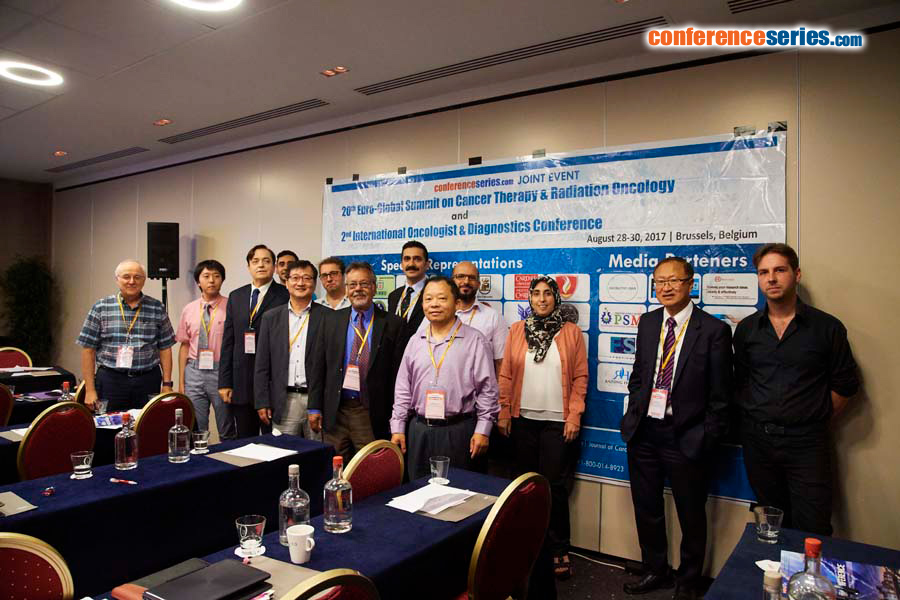
Jerome Check
Cooper Medical School of Rowan University, USA
Title: Progesterone receptor modulators provide significant palliation for a variety of advanced cancers including tumors devoid of the classic nuclear progesterone receptor
Biography
Biography: Jerome Check
Abstract
The progesterone receptor modulator mifepristone has been found to prolong length and quality of life in mice and humans with advanced cancers of various types. Most of these cancers are not known to be associated with the classic nuclear progesterone (P) receptor. Some of these tumors in controlled animal studies include leukemia, lung and testicular cancer, and prostate cancer (the latter associated with nuclear P receptor in humans, not sure in mice). Human cancers that benefited from mifepristone therapy without evidence of presence of classic nuclear receptor includes colon, pancreatic, renal cell, transitional cell carcinoma of the renal pelvis, thymic epithelial cell, malignant fibrous histiocytoma, and small and nonsmall cell lung cancer. Anecdotal benefits have been found also in those with the presence of the classic nuclear P receptor, e.g., breast and ovarian cancer and leiomyosarcoma, but the benefits may be from non-epigenetic effects on membrane P receptors. The mechanism is believed to be by inhibiting the conversion of a 90 kDa 757 amino acid “parent” protein, known as the progesterone induced blocking factor (PIBF), to intracytoplasmic splice variants which act to suppress natural killer cell activity by stabilizing perforin granules. PIBF also causes a shift from TH1 cytotoxic T-cells to antibody secreting TH2 cytokine dominant T-cells. Some of the anecdotal cases have improved quality and length of life despite the severity of the cancer leaving little question of its efficacy in these cases, especially since the mifepristone was used as single agent therapy.





